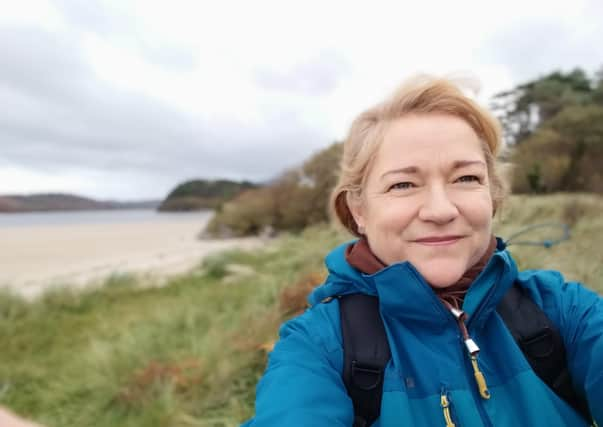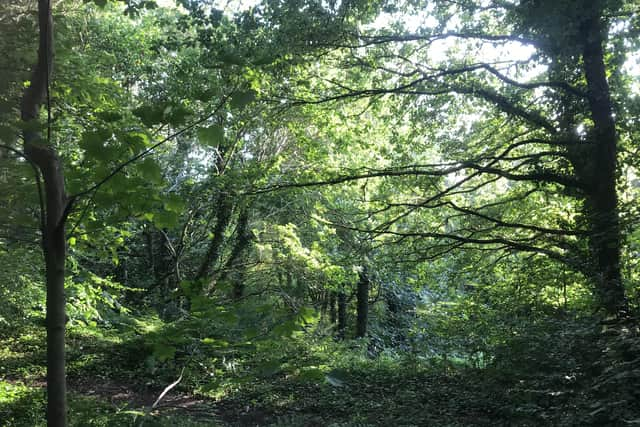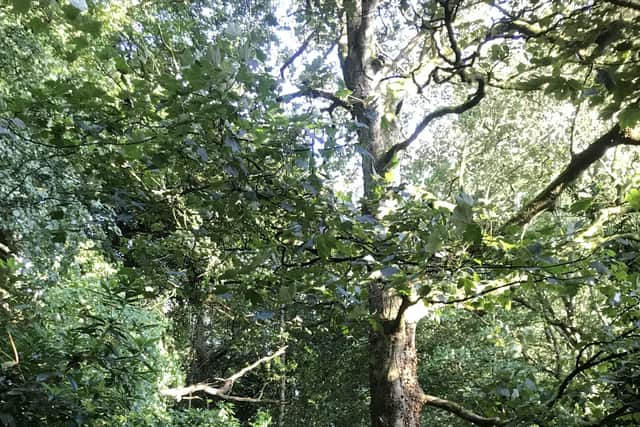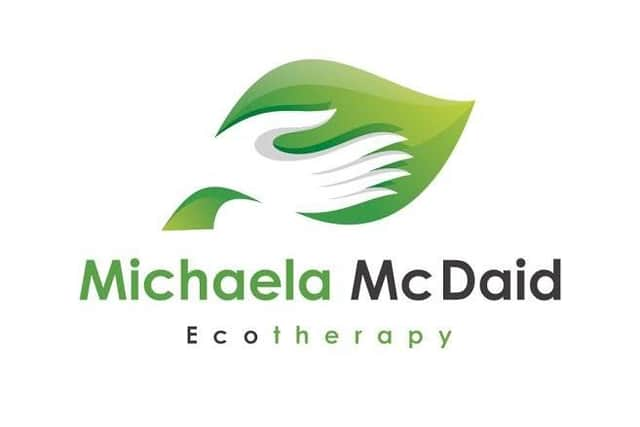Improving mental health by keeping Nature in Mind
This article contains affiliate links. We may earn a small commission on items purchased through this article, but that does not affect our editorial judgement.


Ecotherapy is connecting with nature for better mental health. Although described as an ‘emerging field’, this is not some hippy-dippy, tree hugging nonsense. It is a globally recognised and scientifically proven approach to mental health care that predates both psychotherapy and the medical model.
The evidence is undeniable and growing, but long before scientists measured neurological responses, we knew that being in nature made us feel better, because we could feel it. Has a gardener ever told you that turning the soil is therapeutic? Why do we form such close bonds with pets? And why will we pay more for a house on a leafy, tree lined street? We are drawn to nature, especially during times of stress, because it is in our DNA.
Advertisement
Hide AdAdvertisement
Hide AdFor 99.9% of human history, we were in natural environments. From hunter-gatherers, right up to the Industrial Revolution, we were with the earth and animals, outdoors in sunlight and the elements. Now, most people in this part of the world spend an estimated 90% of time indoors, or in cars, with only artificial heat, light and materials. The pervasiveness of technology since the 1990’s has caused further disconnection, this time from each other. We moved away from age old methods of communication; verbal, eye-contact, body language and expression, to communicating through devices using digital dialogue.


All of this has happened in just 250 years! Our psychological functions are still adapted to natural environments and the magnitude and pace of change has been more than we’re able to process, putting our mental health under pressure. Whilst a return to agricultural transience and binning mobile phones is unrealistic, we can all make choices every day that reconnect us to nature and restore emotional balance.
Unfortunately, there is a misconception that nature and the outdoors are only for ‘eco-warriors’ or ‘outdoors types’. This is untrue and unfair. If you are a human being, you are hardwired to affiliate with nature, whether you immerse yourself in the trees of secluded woodlands, or just nurture a wee houseplant, don’t underestimate the importance and value of doing so. If intuition and experience isn’t enough, the science is catching up:
Benefits of nature connection
The primary colours of nature target the part of the brain where rumination happens. Rumination is going over and over the same negative thought.


Advertisement
Hide AdAdvertisement
Hide AdAntidepressant microbes in soil have a beneficial effect on the way the brain manages serotonin, the chemical associated with depression.
Through Shinrin Yoku (forest bathing) scientists in Japan identified that the phytonocides from trees reduce the stress hormones cortisol and adrenaline, lower blood pressure, boost immunity and improve sleep.
Walking barefoot (Grounding) absorbs electrons from the earth that neutralise the positive energy omitted by technology and pollution, reducing stress and improving sleep.
Ultraviolet rays in sunlight, when absorbed through the skin promote vitamin D and serotonin production.


Advertisement
Hide AdAdvertisement
Hide AdSwimming in magnesium rich seawater relieves nervous irritability and cold water immersion improves symptoms of anxiety, depression, and post-traumatic stress disorder.
20 minutes with a therapy dog reduces stress hormones cortisol, adrenaline and aldosterone, and increases health inducing hormones such as oxytocin, dopamine and endorphins.
As with all health advice, it would be irresponsible not to make you aware of the side effects and risks of Ecotherapy, which are comprehensively listed below:
None.


There are no contraindications to your daily dose of nature; only tremendous positive gains. Ecotherapy does not interfere with any other approach to supporting emotional well-being. If you currently use medication and/or psychotherapy for mental health issues, spending more time in nature will not undermine this.
Life balance sheet
Advertisement
Hide AdAdvertisement
Hide AdDue to the challenges of Coronavirus, many people are reflecting and re-assessing their lifestyle and priorities. We all have a ‘Life Balance Sheet’, where commitments are prioritised to compete for our time and energy. Previously, nature may have been in the ‘leisure’ column of this balance sheet. Not essential, but something you enjoyed occasionally, if you had time and other ‘important’ things had been taken care of. Now is the time to move nature out of ‘leisure’ and place it firmly in the ‘health’ column; a priority, absolutely necessary for good mental health. Deep down you knew it anyway, now the science is confirming that nature is salve for the soul.
Privately run Nature in Mind Ecotherapy courses are available to groups and individuals by contacting Michaela at: [email protected], telephone 0044 7517936613.
@withnatureinmind